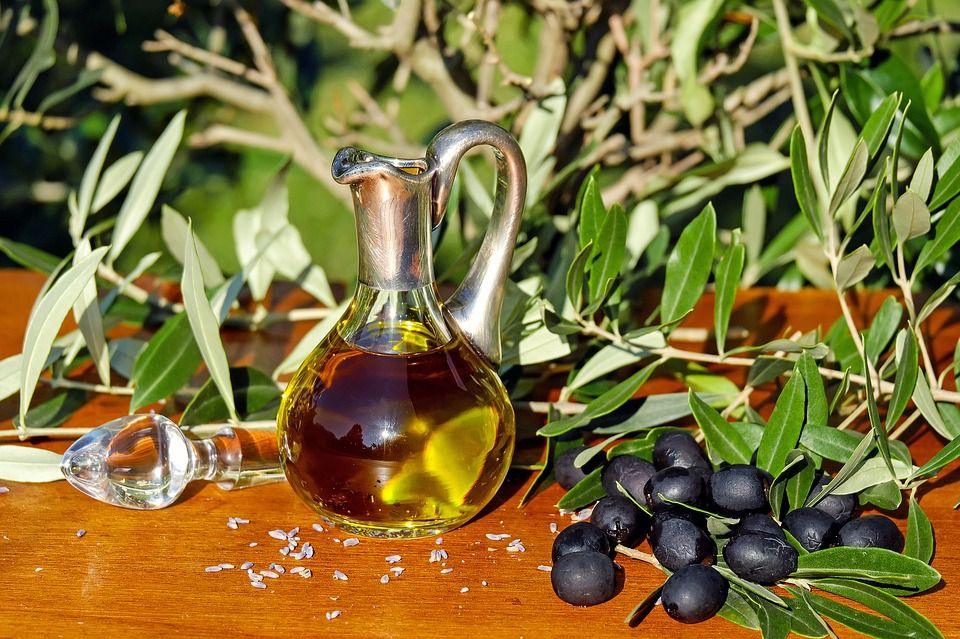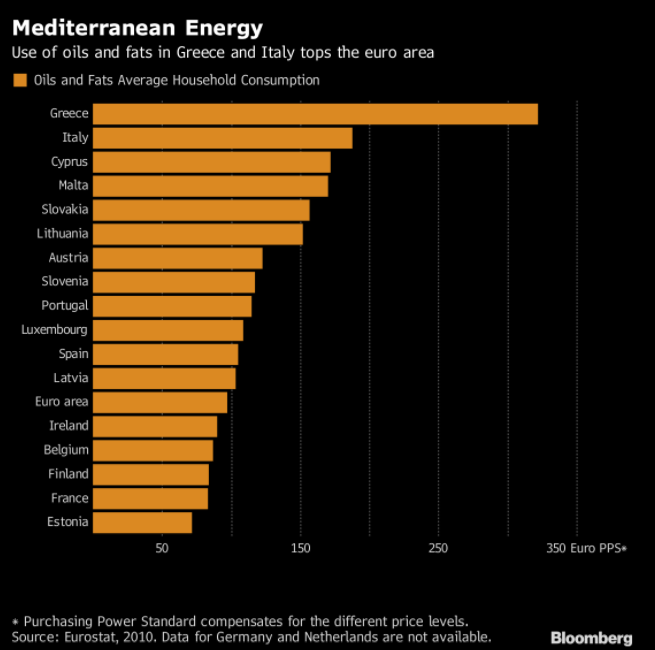Italian olive oil firm turns oil leftovers into biofuels
EniSpa, a giant Italian olive oil firm, has collaborated with Friggi Oil Service, a collection of vegetable oils leftover company, to turn used oil from restaurants into biofuels.

EniSpa, a giant Italian olive oil firm, has collaborated with Friggi Oil Service, a collection of vegetable oils leftover company, to turn used oil from restaurants into biofuels.
Friggi collects used vegetable oil from over 100,000 restaurants, which is then transferred to a refinery operated by Eni Spa.
Giuseppe Ricci, Chief Refining and Marketing Officer at Eni. Recycling said: "Italy is a country where we make large use of vegetable cooking oils”.
“Recycling them reduces the quantity of edible crops needed to make biofuels and cuts the volume of waste clogging up drains”.
In 2015, biofuels represented less than 1 percent of Italy’s energy output, but the Italian Government considers that it is a growing market.
The EU aims to get at least 10 percent of transport fuel from renewable energy sources by 2020.
Thus, the Italian Government, taking advantage of the EU transport fuels targets along with the fact that Italy has an oil rich diet, is aiming to take advantage of the opportunity and has launched incentive programmes to attract participation.
As restaurants seem to be convinced, the challenge for Eni to upscale production is to convince households to do the same.
Eni’s bio-refinery in Venice can process 360,000 tons/year of vegetable oils and other fats and feedstocks.
The plant is planned for upgrade in 2020, which will allow the processing of more than 600,000 tons/year, yielding approximately 420,000 tons of biodiesel.
The company plans to build a second bio-refinery plant in Gela, Sicily that will cost $282 million.
Conoe, the umbrella body for the country’s vegetable oil collection and treatment companies, says that most of the current 70,000 tone of used oil that is currently collected comes from restaurants.
The number could reach 200,000 if more households participated.
As reported by Bloomberg New Energy Finance, Tommaso Campanile, Conoe Chairman said: "Adding families into the picture would be a real game-changer”.
According to numbers from Eurostat, there is an opportunity for other countries in the EU to take advantage of their oil-rich cooking habits.
Greece holds the first position as it outraces other EU countries with difference when it comes to olive oil consumption.
It uses twice the amount of oils and fats Italy uses, which holds the second place.
Source Bloomberg New Energy Finance
Conoe has announced that it will launch a new awareness-raising campaign of the opportunity that biofuels from cooked oil can provide, in order to encourage more households to participate.
Campanile said: "Used oil from a pan, oil in canned food, oil used to preserve in food preparations; we are now working to get it”.





